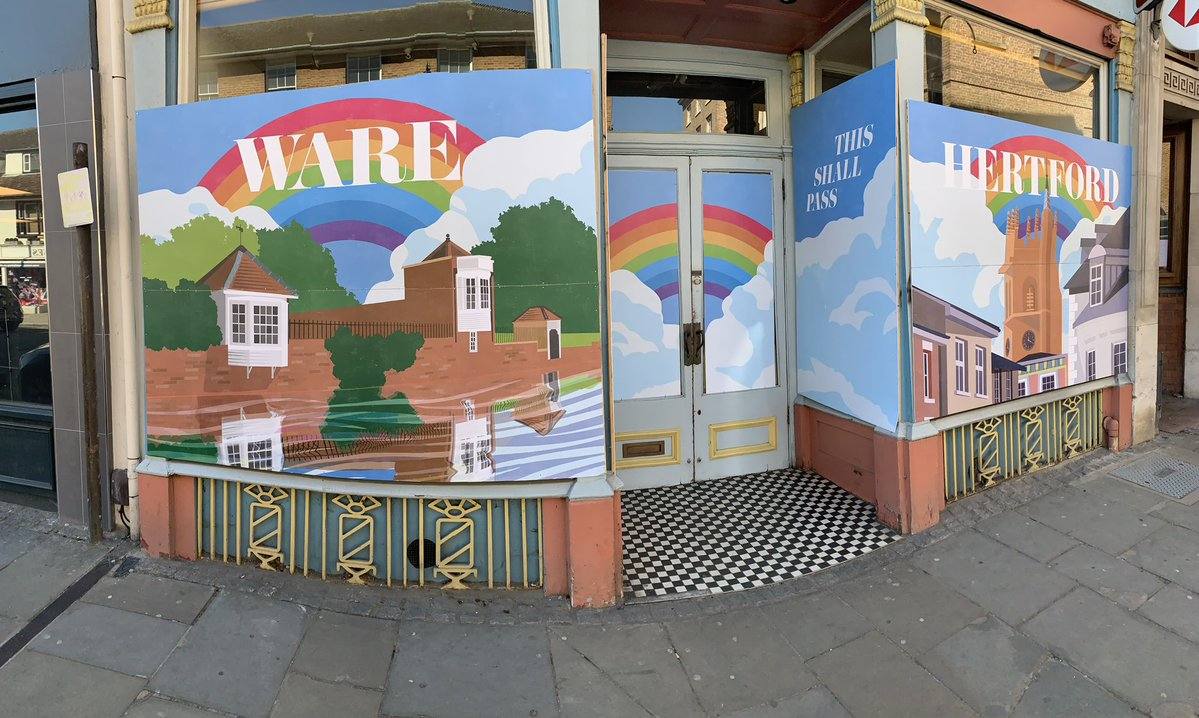With 80% of all UK hospitality staff now furloughed, there are empty pubs and boarded-up restaurants and cafes up and down the land. For UK PLC it is an industry that, until last month, employed 10% of the workforce, generating £4 billion in taxes and funding our much-needed public services and institutions.
But it is so much more than that; a community bringing together the most diverse of any industry in terms of culture, race, social background and age, allowing any individual safe passage regardless of experience and credentials. It is a community where old fashioned ethics such as hard work, honesty and a sense of humour are just as important as a written qualification.
Hospitality, born in the home and perfected in our favourite pubs and restaurants, has always been central to our lives. The need to meet, greet, hug and express one another’s experiences has always made our regular eating and drinking spots precious havens to us; places where we escape our busy and hectic schedules and relax and socialise. Until now.
It is too soon to call and presently the view from most is rather bleak. Some suggest that as many as 85% of hospitality businesses, if not supported further by government, will perish, leaving perhaps only the homogenised and morally questionable businesses to steer us into the new world.
Government was initially fast to champion and engage with UK hospitality, but it was only after a huge amount of lobbying and massive outcries from the backbone of our small and medium-sized businesses that the slow and cumbersome cogs of Whitehall started to turn quicker. We are in unprecedented times for civil servants too, and loans promised have taken an age and initially demanded personal guarantees and huge amounts of time-consuming paperwork.
Business interruption insurance is still in quarantine it seems, with only 5% of insurers supporting business in hospitality. Grants are too slow for many to arrive, and the furloughing of staff – while a welcome level of central Government support – has not been ideally communicated, and the process is clunky, with companies having to raise the money themselves to carry out the furloughing in the first place. This has been hugely difficult for many, especially those with existing debt or a lack of cash in the bank. I do not think it is an exaggeration to say that the private sector, which raises the vast majority of tax for our much-loved public bodies and institutions, is on the brink of starvation, with comparisons to the great depression and debt reparations of WW2.
We need to open again for business. Industry and commerce are now in serious peril. With no sight of lifting the lockdown we continue to witness increases in domestic abuse, mental health and undetected health issues. This, alongside a reduction in tax receipts, paves a very tough road ahead. The government intervention to shield our most vulnerable was unquestionably essential, but there is a price to pay: the lives of our youth, and the world we will leave them, is growing greyer by the day.
Hospitality will most probably be the last to reopen. The landscape, wounded and changed for a lifetime, will lose so many businesses that we have come to love and cherish. The industry as we knew it will bounce back, characters and personalities with a fervour for looking after guests will return, but not for now.



